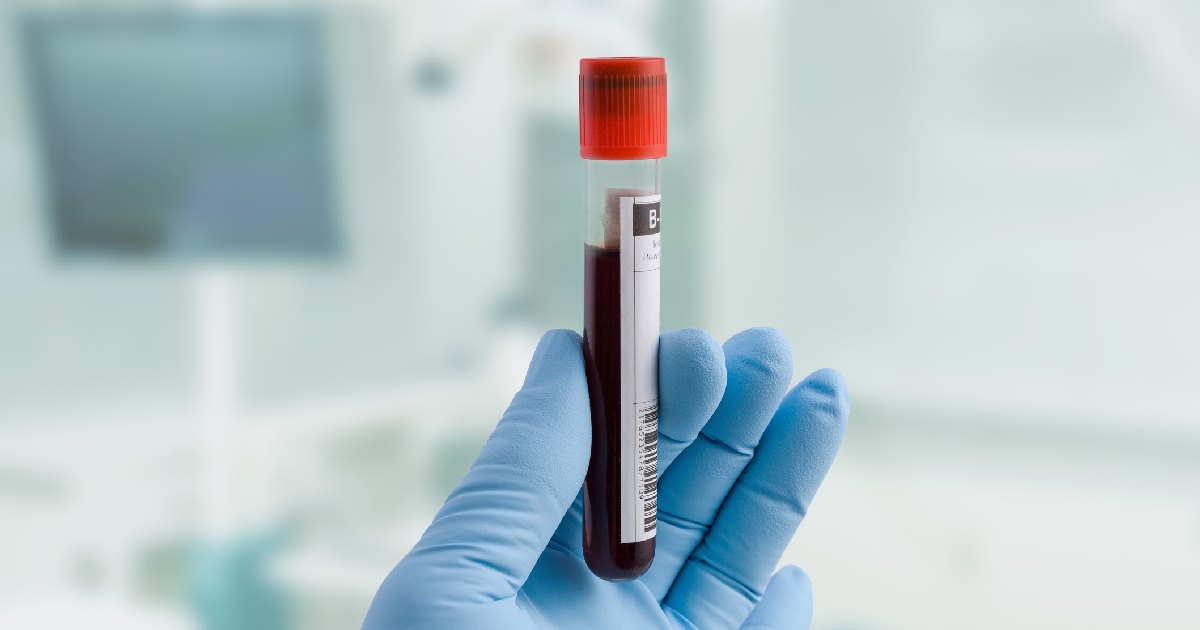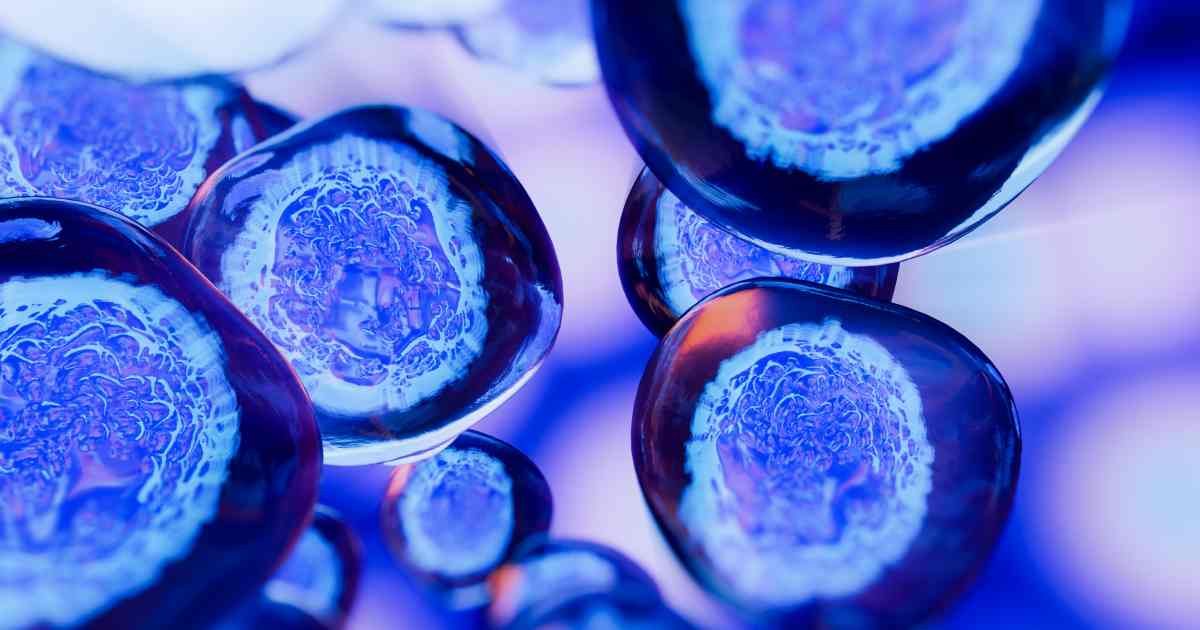People who have type 2 diabetes not only lack the right amount of insulin but also produce excess glucagon which contributes to poor blood glucose control, researchers have said.
A team from Uppsala University have been looking at how excess glucagon levels can contribute to hyperglycemia in type 2 diabetes.
Glucagon has the complete opposite effects of insulin, although both hormones must work in harmony with each other to keep blood glucose levels balanced.
Glucagon is produced by alpha cells in the pancreas and helps the body to regulate glucose and fats. It is secreted when there are low glucose levels, but high sugar levels block the release of it.
However, in people who have type 2 diabetes, this process does not work as it should, and high glucose levels stop glucagon from being released.
The research team wanted to find out why this happened and carried out a series of experiments. By separating the alpha cells from the pancreas, they discovered the cells began working in a “diabetic manner” and carried on releasing glucagon even when glucose was higher than normal.
This finding suggests that alpha cells are usually blocked by insulin and other hormones that are secreted when blood glucose is higher in nearby cells. However, when the cells are separated, communications between each cell no longer exists and the release of glucagon continues even though it should have stopped.
They also believe that alpha cells among people with type 2 diabetes become resistant to insulin, which means the release of glucagon is no longer stopped after a meal when the blood glucose rises, which leads to higher levels of the hormone among those with type 2 diabetes.
The research findings have been published in the Nature Communications journal.




